AUDIO
Colombian Scientists Develop Substance to Protect Bees from Chemicals
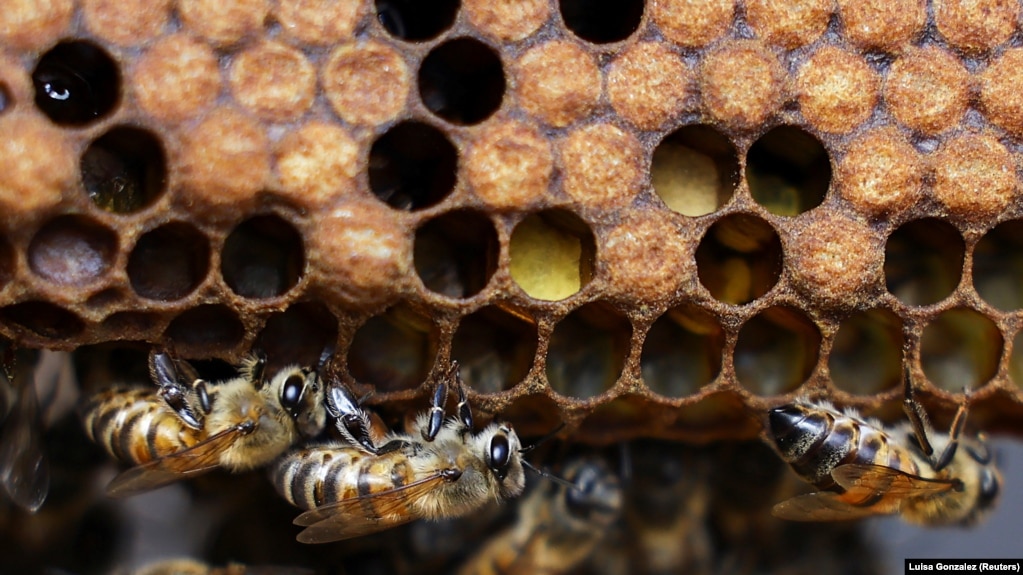
Scientists in Colombia say they have developed a new food substance that protects bees from dangerous chemicals used in farming. They claim it will protect the insects’ brains from neurological damage caused by chemicals called pesticides.
As pollinators, bees are extremely important in the preservation of natural ecosystems and food production.
The plant-based food substance enables bees to deal with neurotoxins commonly used in agriculture. It protects their motor system and memory harmed by the chemicals.
Researchers at Colombia's Rosario University in Bogota developed the substance. They partnered with scientists from the Colombian Universidad Javeriana and the University of Arizona in the United States.
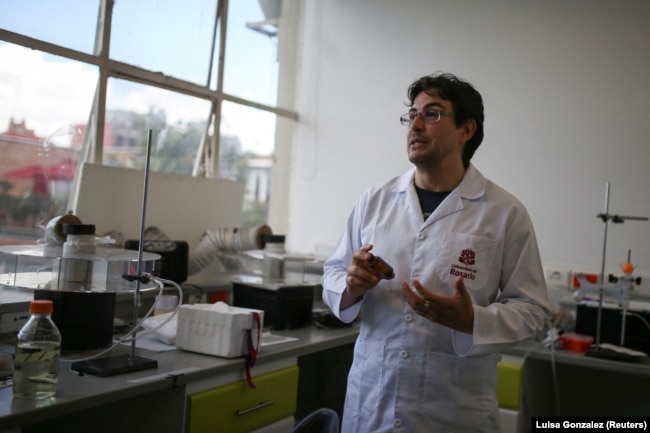
"This is a nutritional solution to the problem bees face when exposed to pesticides," said Andre Riveros, a professor at Rosario University. Riveros explained that the food substance causes the bees to develop protection against pesticides.
The substance is created with flavonoids, which are known for their health benefits. Flavonoids come from plants and are a kind of secondary metabolite. Secondary metabolites are substances made by plants that make them competitive in their environment.
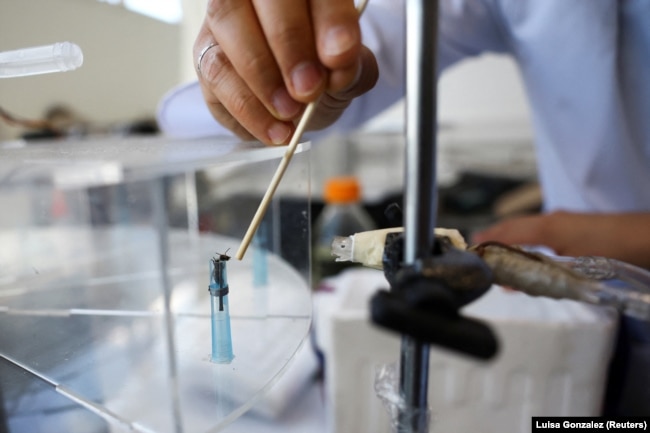
During the first round of testing, scientists put the bees to sleep and placed them into small laboratory tubes. Then, they fed the bees the substance one by one.
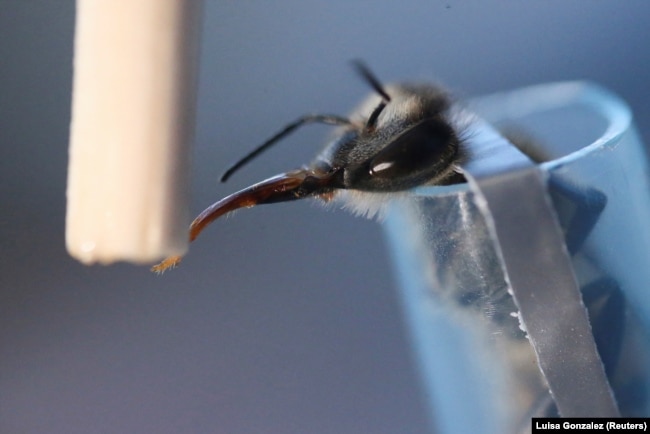
Testing has now moved to real-world situations in a bee colony at the university, said Juan Jose Ovalle. He is a natural science student at Rosario University.
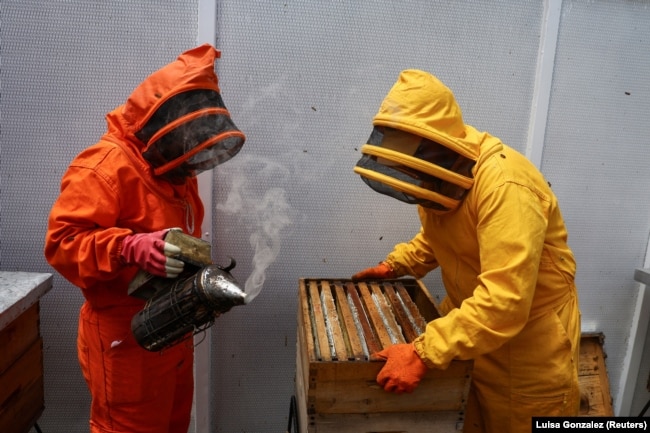
"We already know that there are molecules that improve the bees' health. We already know that there are molecules that prevent neuronal damage caused by pesticides," Ovalle said.
He added it was important to continue the work to increase the effectiveness of these methods to support bees.
_______________________________________________
Words in This Story
neurological – adj. of, relating to, or affecting the nervous system
pesticide – n. a substance used to destroy pests
pollinator – n. something (as an insect) that pollinates flowers
preservation – n. the activity or process of keeping something valued alive, intact, or free from damage or decay
ecosystem – n. a system made up of an ecological community of living things interacting with their environment especially under natural conditions
motor – n. of, relating to, or being a motor neuron or a nerve containing motor neurons : of, relating to, concerned with, or involving muscular movement
exposed – v. not shielded or protected
https://learningenglish.voanews.com/a/colombian-scientists-develop-substance-to-protect-bees-from-chemicals/7839409.html